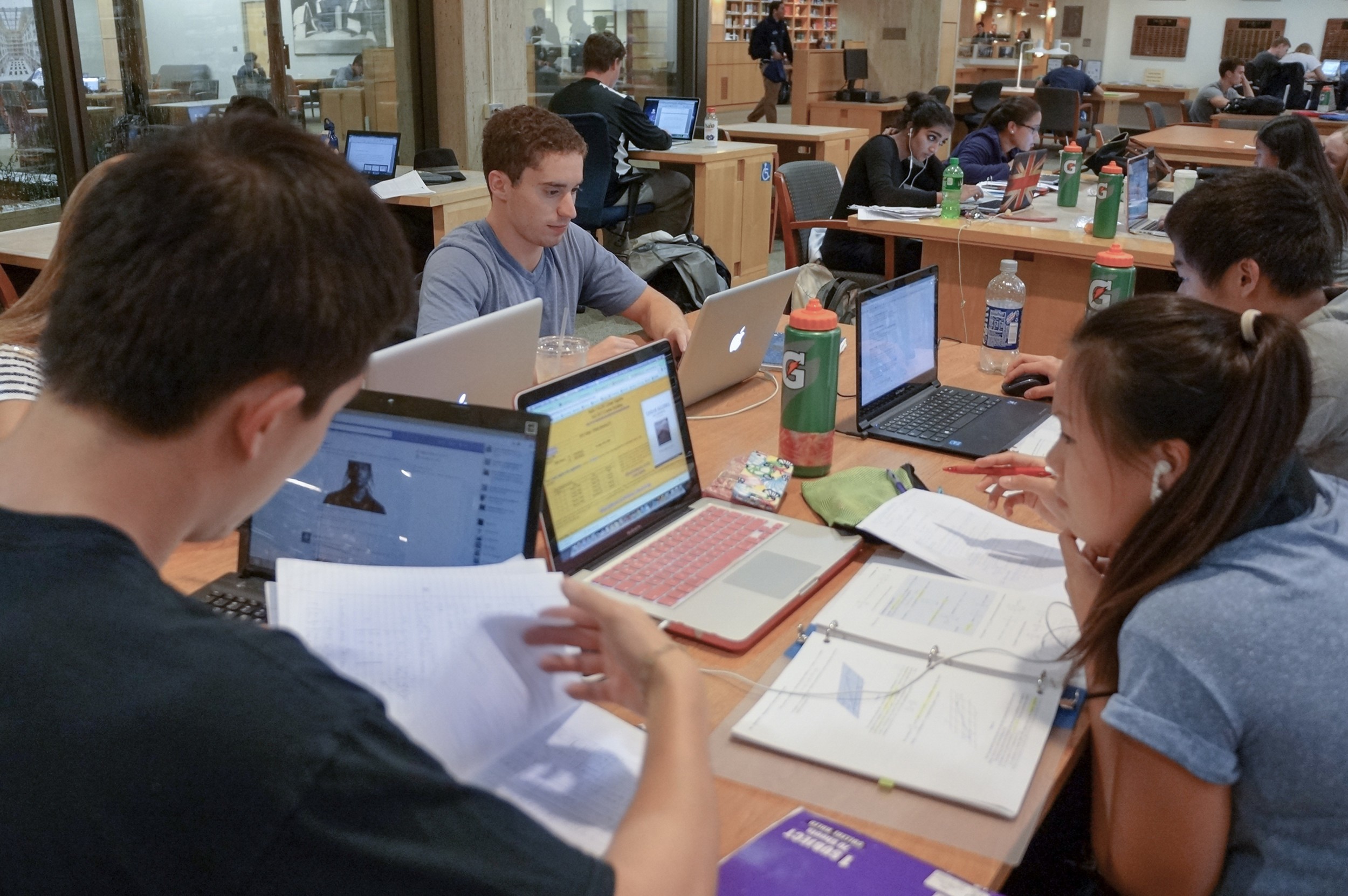
A striking new survey reveals that over one-third of employers would prefer to hire artificial intelligence systems rather than recent college graduates, highlighting growing concerns about workforce readiness among young professionals.
According to research by Hult International Business School involving 1,600 employers and full-time workers, approximately 37% of employers indicated they would choose AI over hiring recent graduates. The study also found that 89% of employers actively avoid hiring new graduates altogether.
Behind these preferences lies a perceived disconnect between academic preparation and workplace demands. An overwhelming 96% of employers stated that college education is not adequately preparing students for their jobs. Key concerns included graduates' lack of real-world experience (cited by 60% of employers) and poor teamwork abilities (noted by 55%).
The sentiment appears mutual among recent graduates themselves. The survey revealed that 77% of new graduates learned more during their first six months on the job than in their entire four-year degree program. Adding to these concerns, 94% expressed regrets about their degree choice, with 43% feeling they had selected the wrong field of study.
HR consultant Bryan Driscoll offered a different perspective, suggesting the issue runs deeper than generational differences: "This isn't about Gen Z lacking skills; it's about employers trying to dodge responsibility. They've spent decades defunding training programs and offloading the burden of skill development onto employees."
The findings come at a time when organizations are struggling to find suitable talent, with 98% of business leaders reporting difficulties in recruitment. This talent gap, combined with advancing AI capabilities, appears to be pushing some employers toward technological alternatives.
Looking ahead, experts suggest that young professionals may need to find alternative ways to gain practical experience before entering the workforce. Kevin Thompson, CEO of 9i Capital Group, noted that "The era of extensive on-the-job training is likely fading, and expectations will shift toward bringing immediate value to employers from day one."
This emerging preference for AI over human workers raises questions about the future of entry-level employment and the evolving relationship between education and workplace readiness in an increasingly automated world.